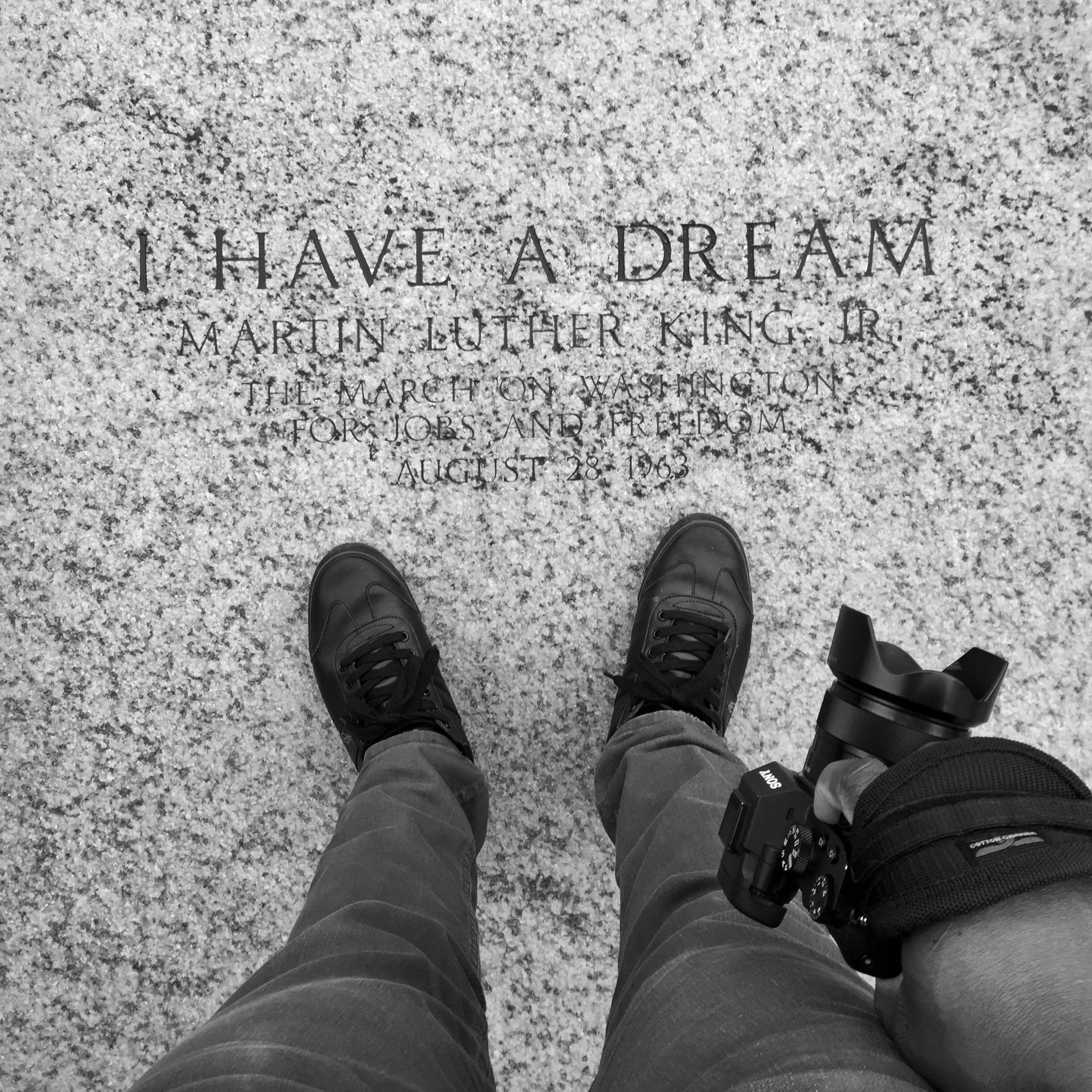I Have A Dream
A Different Kind of Empowerment (1)
Washington Memorial. Photo by Funeh
Is Black History Month about remembering African history and celebrating Black Excellence along with all the progress we have made while looking forward to more, or is it, as my LinkedIn feed suggests, a month to highlight all the reasons Blacks need someone else to step in and close the racial gap?
The woke narrative is that we exist in a racial hierarchical structure that puts blacks at a systematic disadvantage. The messaging has been clear: Blacks have been, and continue to be, oppressed. They are victims!
That explains why the battle for equality, based on economic or power disparities, has been focused on changes to these power structures or groups outside of the Black communities themselves. Silent Minority is a view that rejects that narrative and seeks to empower minorities to take personal responsibility for the changes they desire by searching within their sphere of control. I do not believe that Blacks are less than any other race.
In the next post, I will start you on a journey to explore race and culture to observe their nuanced effect on social, economic, and power outcomes. Society seems to suggest a causal relationship between race and the less-than-stellar outcomes for blacks. Over the next few posts, I will show why that isn’t so and present an alternative relationship: one between culture and outcomes. The strong correlation between culture and race in America might help clarify that confusion, and understanding this should lead us to actions that can alter our outcomes. I want to examine if there are characteristics within cultures that inherently impact success metrics - educational attainment, per capita income, percentage in the labour force, social status, etc. Do some cultural values create a tendency towards wealth creation while others drift away from it?
According to the US Census data from the American Community Survey 2021's 1-year estimates, the median household income for whites, Black Americans, and Nigerian Americans was $73,594, $47,597, and $72,577, respectively. It suggests a significant disparity between Nigerians and Black Americans. What makes this gap so large, and what could it teach us about race versus culture?
To be clear, I am not suggesting that changes to policy be eliminated as a solution; instead, I am saying the time has come for us to switch our primary focus to making changes within the black community. Policy changes were vital in 1963 when Martin Luther King, Jr. made his famous “I Have a Dream” speech. The Civil Rights Act of 1964 and the Voting Rights Act of 1965, which came as a result, arguably created the most significant leap forward for Blacks in North America.
In 2024, the most bang for our buck is bringing the focus back into our community. We need a mindset change. We need clarity on things within our control as individuals. We need to focus on what we can control and burn down the bridges of excuses that society has built for us. This will leave us no choice but to take responsibility for our outcomes. Only then can the breakthroughs start. I Have A Dream where we no longer wait for others; we are empowered.
